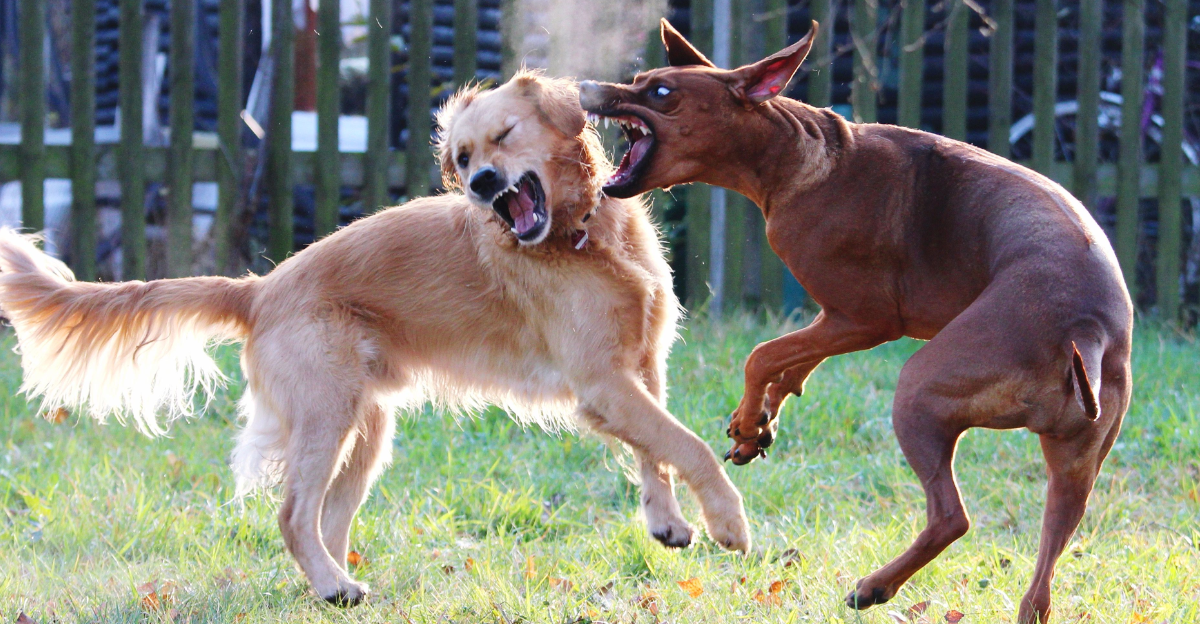
Dogs are known for their friendly, loyal personalities, which gave them the name “man’s best friend,” but they don’t always get along with other animals. Some breeds have strong hunting instincts, high prey drives, or protective tendencies that can make them more dangerous to other pets and wildlife. Understanding which dog breeds are more likely to pose a risk to other animals is crucial for responsible pet ownership and ensuring the safety of all creatures in your household and community.
1. German Shepherd
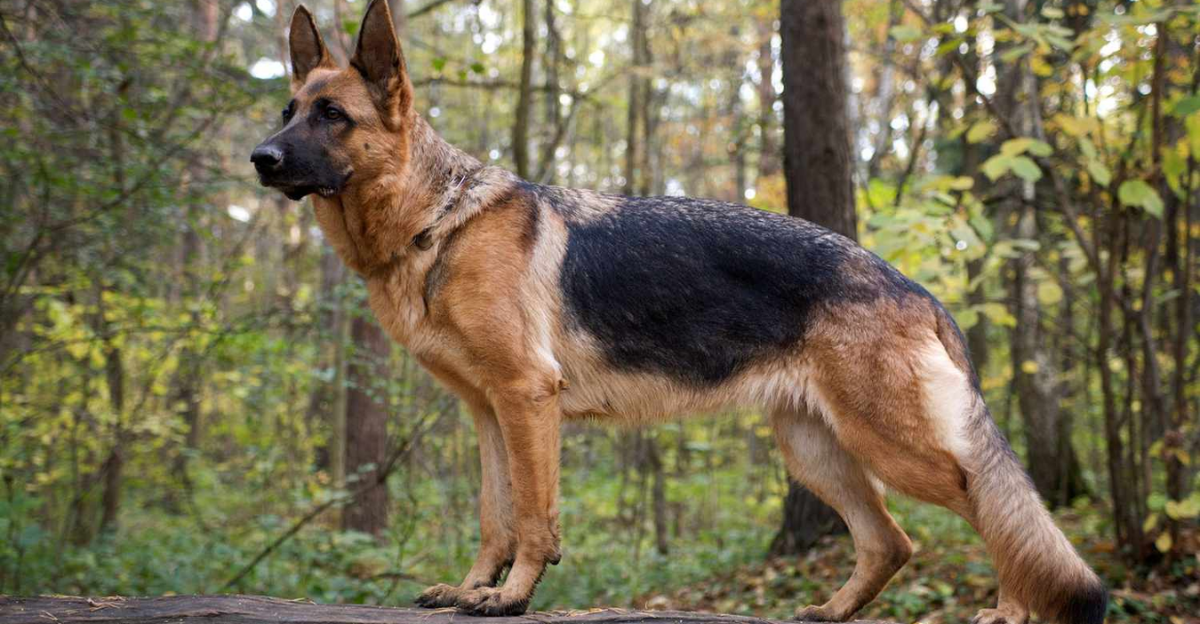
German Shepherds are a highly intelligent and loyal breed known for their protective instincts, which can sometimes translate into aggression toward other animals if not properly managed. While not inherently aggressive, untrained or poorly socialized German Shepherds may bark, lunge, or show dominance toward unfamiliar dogs or smaller pets due to their strong guarding nature and prey drive inherited from their herding background.
Although they might weigh around 90 pounds and stand over two feet tall, they are nothing more than gentle giants when it comes to their loved ones. With proper guidance, German Shepherds can form strong bonds and live harmoniously with other dogs and pets.
2. Pit Bull Terrier
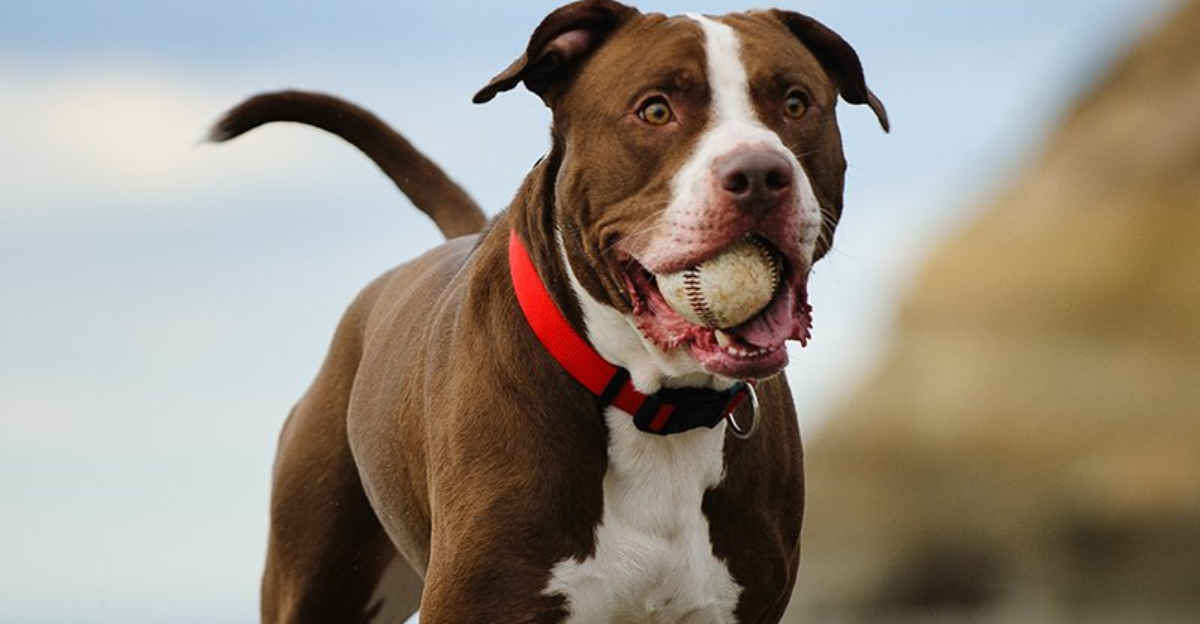
These pups have quite the reputation for being dangerous, which isn’t always the case. Their history of bull-baiting and dog fighting contributes to their strong tenacity and aggression toward other animals. Statistically, pit bulls are disproportionately involved in aggressive encounters with other dogs and animals, accounting for a significant majority of fatal attacks on other pets and even humans.
Their high prey drive, lack of submission cues, and tendency to escalate conflicts with less warning make pit bulls more likely to attack other dogs than many other breeds. However, with responsible ownership, early socialization, and proper training, many pit bulls can learn to coexist peacefully with other animals, making them a loving part of a family.
3. Doberman Pinscher
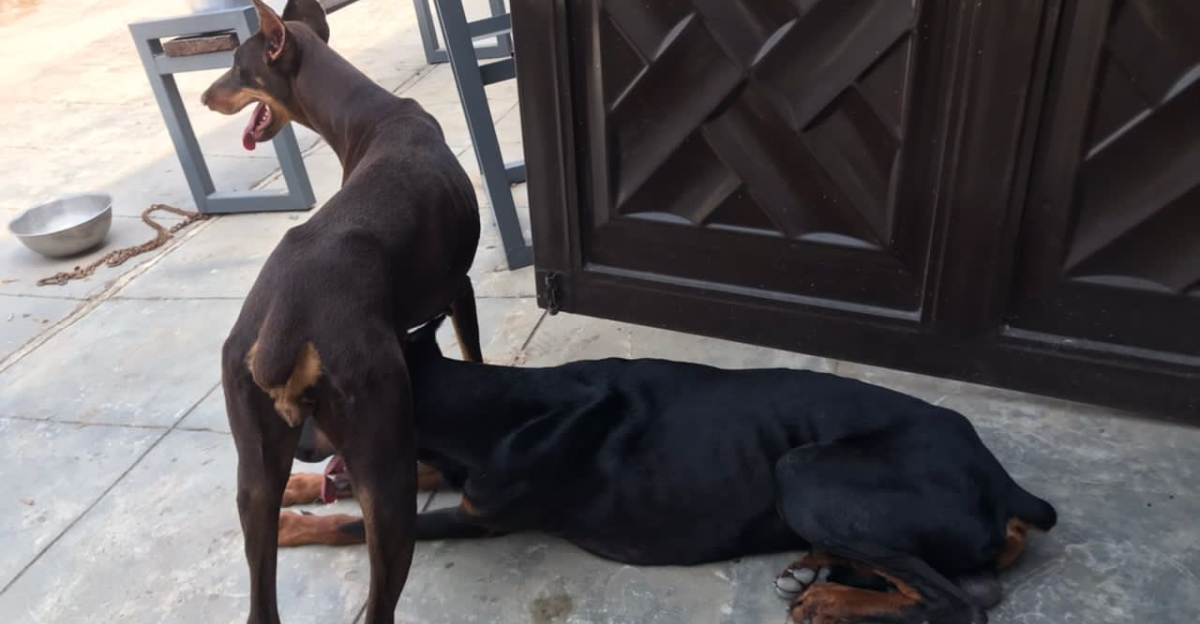
These pups are known for their intelligence, loyalty, and strong protective instincts, sometimes leading to aggressive behavior toward other animals if not properly managed. While they are naturally more protective than overtly aggressive, Dobermans may show territorial or same-sex aggression, especially without early socialization and consistent training.
Their guarding nature means they tend to be cautious and can react strongly if they perceive a threat to their family or territory. However, with responsible ownership, including regular socialization and exercise, Dobermans can be well-behaved companions who can get along well with other animals they are used to.
4. Alaskan Malamute
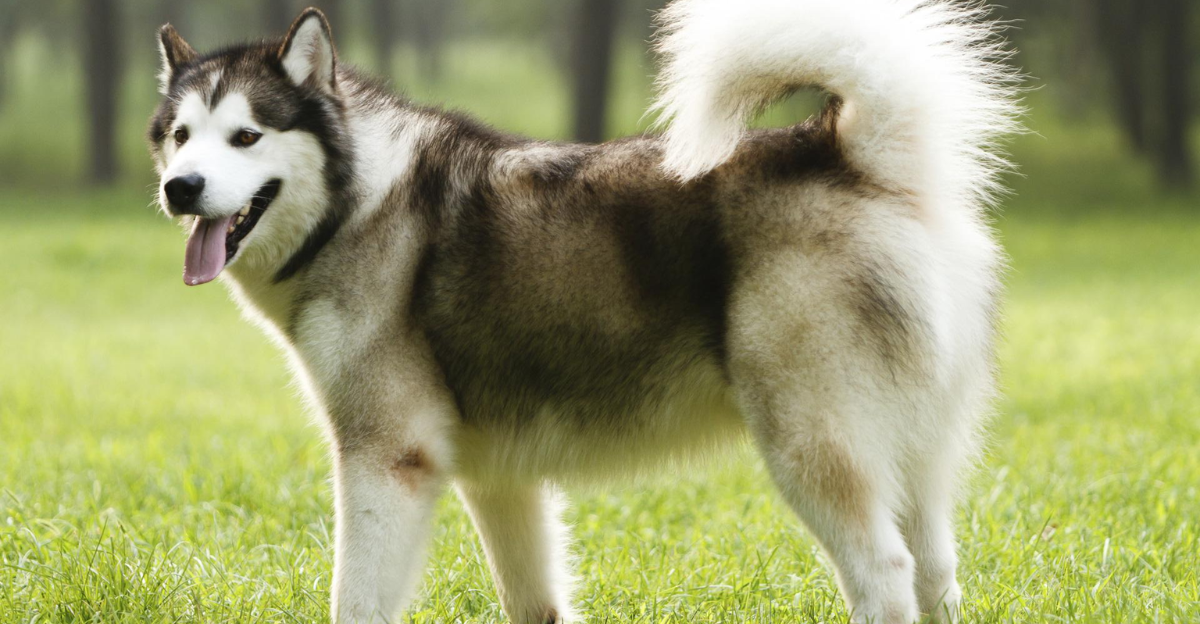
These fluffballs might be known for their strong, loyal, and intelligent nature. These pups are generally friendly and affectionate and in no way naturally aggressive. However, they have a strong prey drive and can be aggressive toward other animals, especially smaller pets like cats or rabbits, making early socialization essential.
Malamutes may also show aggression toward dogs of the same sex, sometimes leading to serious fights due to their dominance instincts. Their size and strength mean that any aggressive encounters can be particularly dangerous. With the right training, these pups can get along well with other pets and animals.
5. Presa Canario
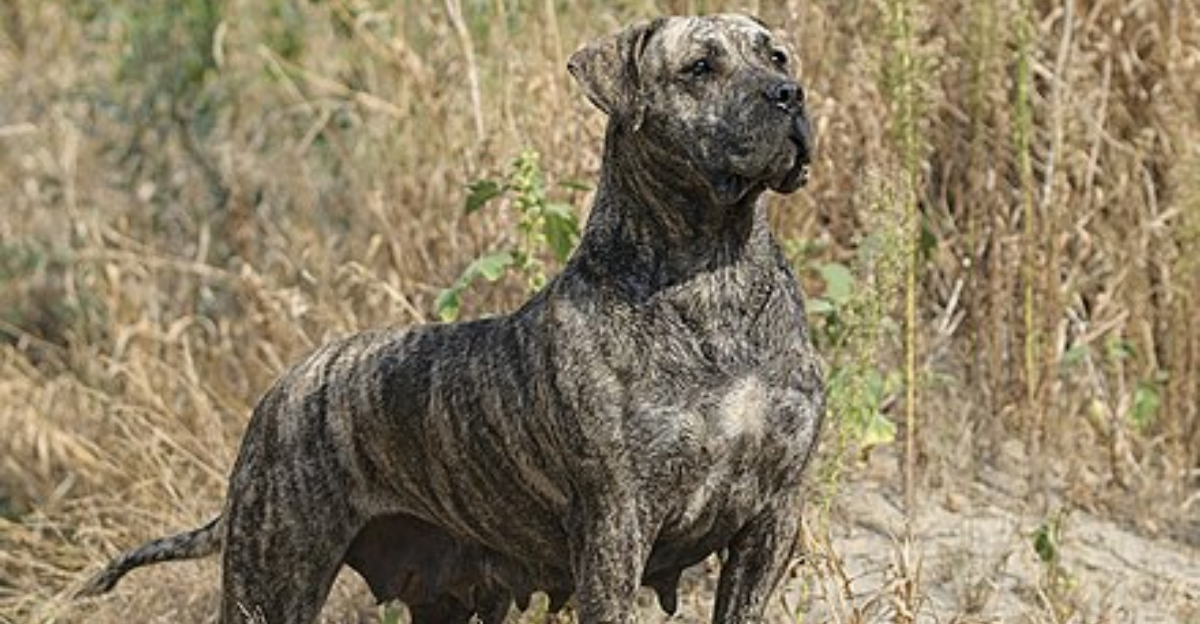
These pups look intimidating, making them the perfect guard dogs with a muscular build and guarding instincts. They were historically used for herding and protecting livestock, combining loyalty and affection toward their family with natural wariness and potential aggression toward strangers and other dogs, especially those of the same sex.
These dogs need experienced owners who provide firm, consistent training and early socialization to manage their protective nature and high prey drive. While they can coexist peacefully with other pets if raised together, their strength and guarding instincts mean they must be carefully supervised around smaller animals.
6. Rottweiler

These dogs are well-known for their guarding instincts, and it’s easy to see why. While not inherently aggressive, they have strong protective instincts and can become dangerous if their aggression is not properly managed. Genetics, environment, lack of socialization, and insufficient training can increase the likelihood of aggressive behavior toward other animals.
Their natural guarding tendencies mean they may react strongly to perceived threats, but that doesn’t mean they can’t get along with other animals if they have been introduced well enough.
7. Boxer
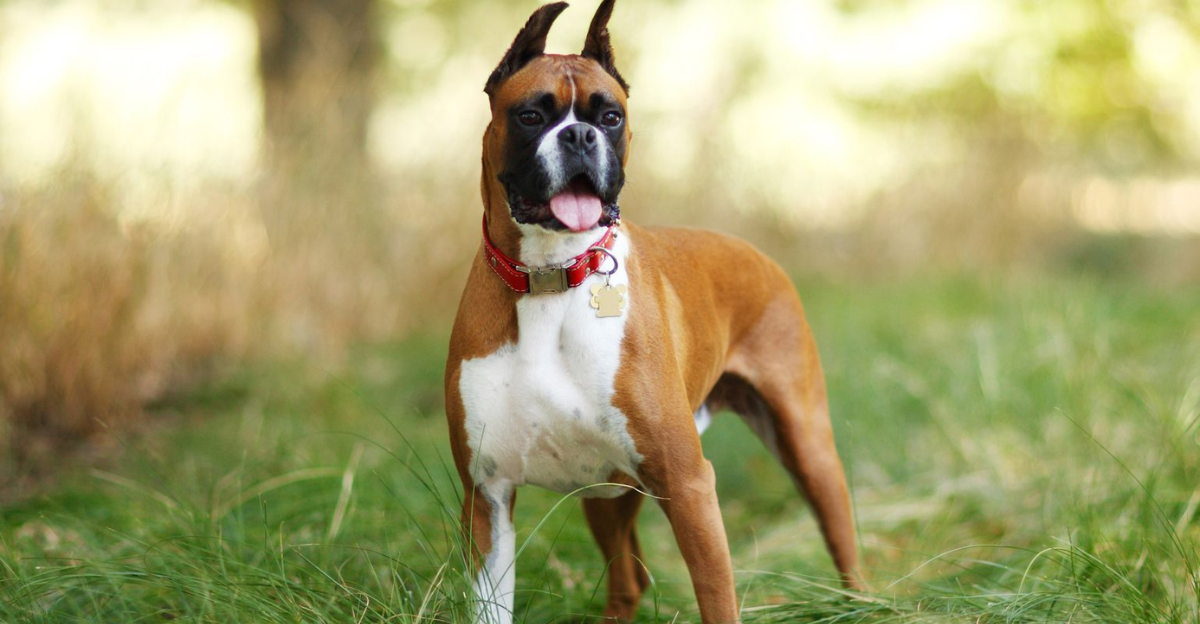
These pups have so much energy and love to give, but they might not always get along with other animals. While generally friendly and good with children, Boxers can be wary of strangers and may show moderate prey drive, which means they might chase smaller animals like cats if not properly socialized.
Boxers thrive in active households where they receive plenty of exercise and mental stimulation. When their energy is well managed, they make excellent watchdogs and loving companions. If socializing them with other animals at a young age is a focus, they will get along quite well.
8. Chow Chow
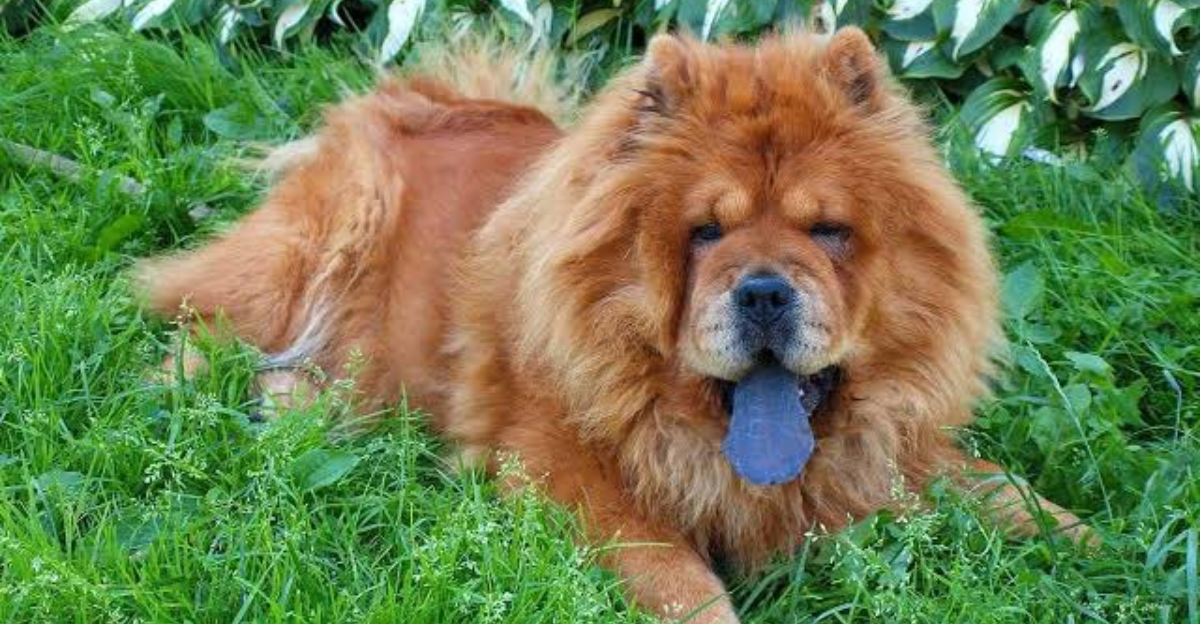
These pups are known for their lion-like mane and purple tongue, making them quite interesting. They tend to be reserved with strangers and can show aggression toward other dogs, especially without early and consistent socialization. They are fiercely loyal to their families and may be territorial and wary of unfamiliar animals, making them potentially dangerous to other pets if not properly managed.
Their stubborn streak and strong guarding instincts require a patient, experienced owner who uses gentle training to build trust and control their protective tendencies. However, it’s important to mention that, depending on how they were raised, they can also have friendly personalities.
9. Labrador Retriever
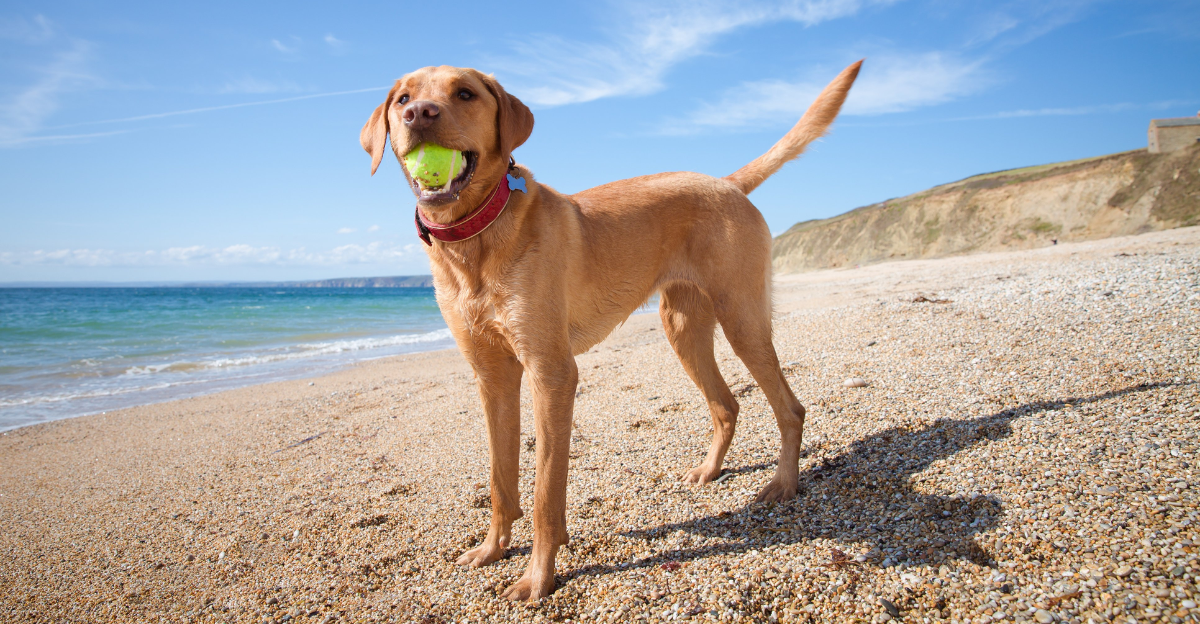
Labs are known for being one of the friendliest pups because they tend to be playful and outgoing. They are highly social and typically get along well with other animals, rarely showing aggression, which makes them excellent companions for families with children and other pets. They tend to have a strong retrieving instinct due to their history of hunting dogs, and you might find them showing aggressive tendencies towards smaller animals like rabbits and cats, but not necessarily other dogs.
They are intelligent, eager to please, and highly trainable. They thrive when given regular exercise and mental stimulation. They make great family dogs and are easy to train when given the time to learn.
10. Siberian Husky
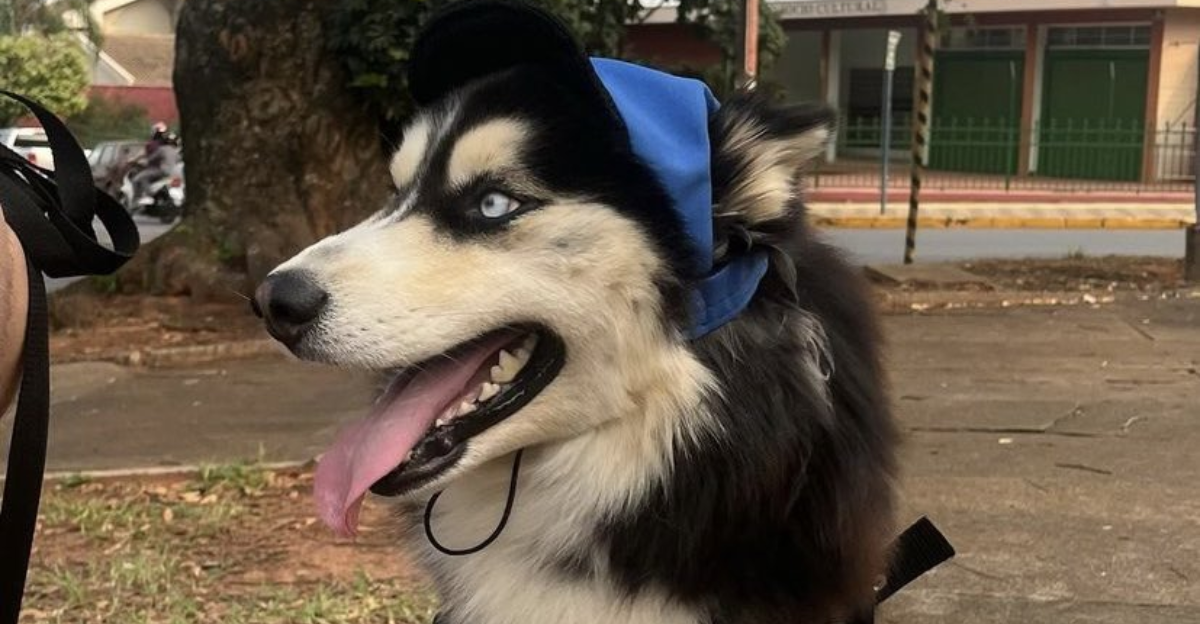
These fluffy dogs are energetic, intelligent, and friendly. They were originally bred as endurance sled dogs by the Chukchi people of Siberia. Huskies have a strong prey drive and love to run, which can sometimes lead them to chase smaller animals like cats or livestock if not properly supervised. Huskies are social and usually get along well with other dogs, especially those they grow up with, but their independent and stubborn nature means they require firm, consistent training and early socialization with other animals.
They make for some of the best pets, but they need a strong owner to deal with their stubborn, destructive behavior.
11. Akita
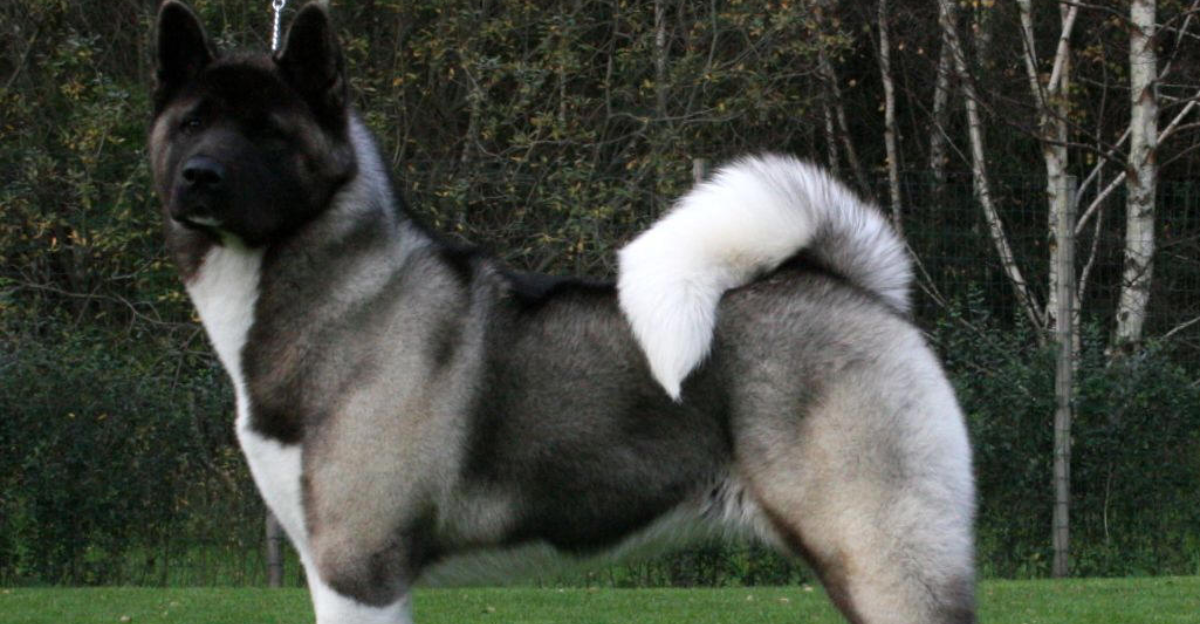
These large dogs are extremely loyal and have protective instincts toward their families, but these same traits can make them challenging around other animals. They are excellent hunters and naturally territorial and often display dominant, sometimes aggressive, behavior toward other dogs, especially those of the same sex and smaller pets.
While they are affectionate and gentle with their household, their strong-willed, independent nature means they require early, consistent socialization and experienced handling to manage their instincts.
Explore more of our trending stories and hit Follow to keep them coming to your feed!

Don’t miss out on more stories like this! Hit the Follow button at the top of this article to stay updated with the latest news. Share your thoughts in the comments—we’d love to hear from you!







